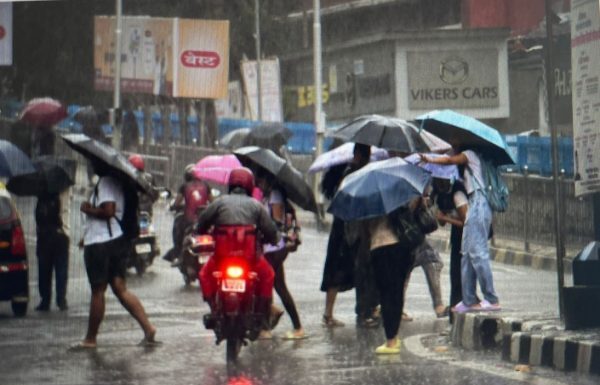One of the illnesses caused by ebolaviruses, specifically the Zaire ebolavirus, is Ebola virus disease (EVD), commonly referred to as “Ebola.” It is the most frequent reason for Ebola deaths and outbreaks. Only the Ebola vaccine and treatments have been evaluated for efficacy against EVD; other forms of Ebola have not been tested.
A type of viral hemorrhagic fever known as Ebola is brought on by multiple virus species belonging to the Ebolavirus genus. Ebola symptoms initially resemble the flu but can develop into severe vomiting, haemorrhage, and neurological (brain and nerve) problems.
Ebola can infect humans through antelope, nonhuman primates, and bats. From there, it can spread from person to person and result in outbreaks, which are periods of high infection rates. Most outbreaks occur in regions of Africa.
Types of Ebola
Even though there have since been outbreaks in other places, the Ebola virus is named after the place where it was originally discovered. Among them are:
Ebolavirus from Zaire. Zaire ebolavirus, also called Ebola virus, is the causative agent of Ebola virus disease (EVD).
Ebolavirus in Sudan. Sudan ebolavirus, also referred to as Sudan virus, is the cause of Sudan virus disease (SVD).
Ebolavirus from Tai Forest. Tai Forest ebolavirus, also referred to as Tai Forest virus, is the cause of Tai Forest virus disease (TAFV).
Ebolavirus Bundibugyo. The cause of Bundibugyo virus disease (BDBV) is the Bundibugyo ebolavirus, also referred to as the Bundibugyo virus.
Symptoms
Ebola symptoms include:
- severe headache.
- aches in the muscles.
- sore throat.
- blood stains or rashes under your skin (purpura or petechiae).
- weakness and exhaustion.
- appetite decline.
- diarrhoea or vomiting. There might be blood here.
- bruises or bleeding.
- eyes that are bloodshot or red.
There may be a progression of symptoms, starting with flu-like symptoms and progressing to more severe ones (such as vomiting and bleeding) a few days later. If you experience any of these symptoms, get help right away.
Causes
Humans contract Ebola disease due to four different virus species:
- Ebolavirus from Zaire.
- Ebolavirus in Sudan.
- Ebolavirus from Tai Forest.
- Ebolavirus Bundibugyo.
In West, Central, and East Africa, antelope, bats, and nonhuman primates (apes and monkeys) are the initial hosts of Ebolaviruses. They all have comparable symptoms and disseminate similarly.
Prevention
Ebola vaccine recipients who are at high risk can receive the Ervebo® vaccine. This covers those who handle ebolaviruses in a laboratory setting as well as medical professionals who treat Ebola patients.
- By keeping an eye out for new cases and implementing safety measures to keep medical personnel safe while treating patients with the virus, public health organisations try to contain outbreaks of the disease. Actions you can do consist of:
- Wear protective gear when tending to an Ebola patient, such as gloves, an apron, goggles, and a mask. Even if you are wearing gloves, avoid touching any bodily fluids and wash your hands after handling them.
- Until tests show that the ebolavirus is absent from your semen (or your partner’s, if they had the disease), use condoms or refrain from having sex. The virus can survive in semen for a long time, even after you feel better. There isn’t any proof that it spreads as long through vaginal fluids.
- Stay away from anything that has come into contact with bodily fluids that are infected. Semen should not be handled until testing has determined that it is virus-free.
- If you must handle an Ebola victim’s body, do so with caution or wear protective gear. This also applies to funeral traditions.
- Steer clear of bodily fluids and tissues from animals—alive or dead—that may be infected with Ebola.
- Eat no bush meat—that is, animal flesh from wild animals.
- After returning from a trip to an area where there is an Ebola outbreak, keep an eye out for symptoms for 21 days. Seek immediate medical attention if you experience any symptoms.
- If you had Ebola, stay away from other people.




























